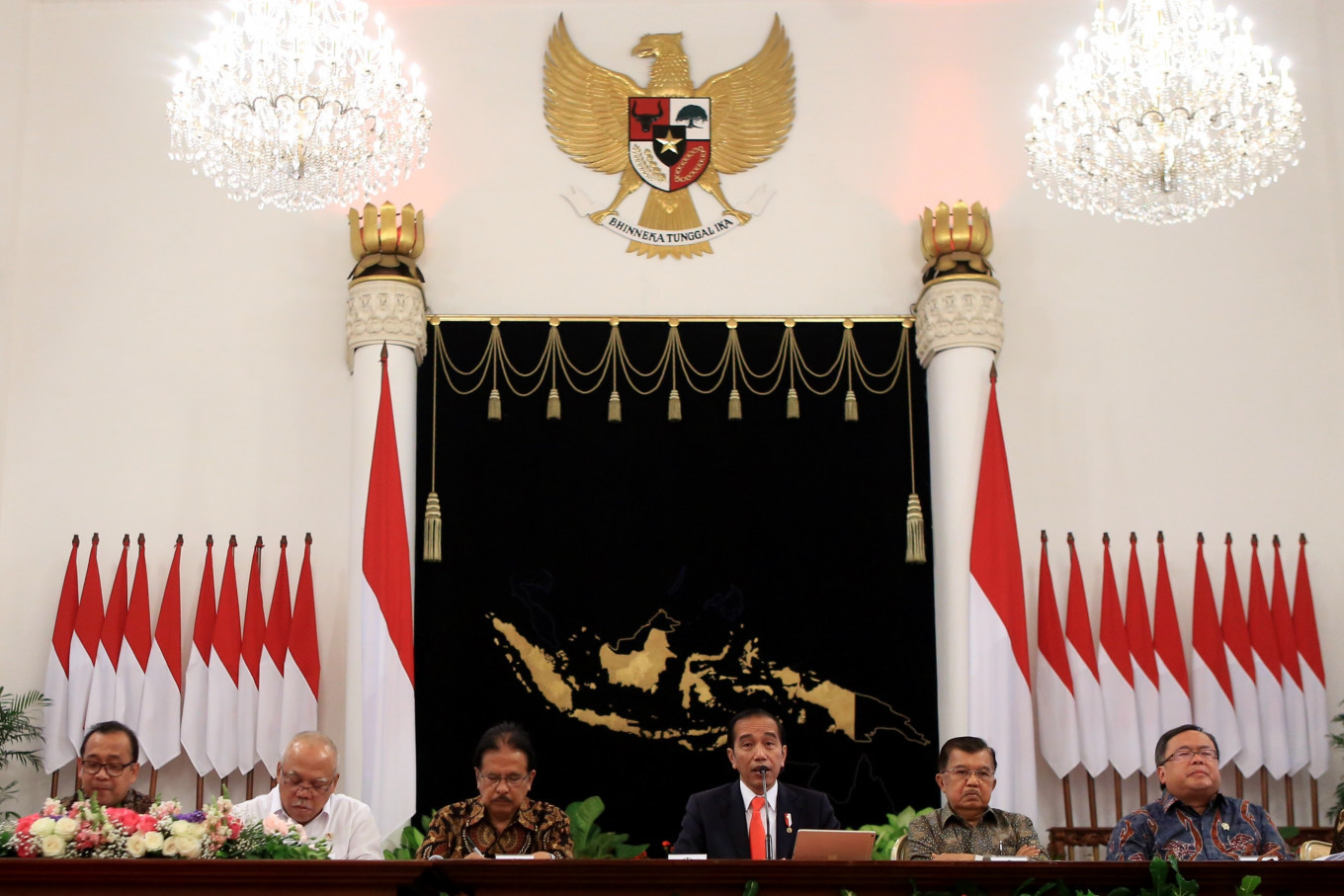
One of the most iconic images in Indonesian popular culture is a scene from the propaganda film Pengkhianatan G30S/PKI (September 30 Betrayal by the Indonesian Communist Party). It shows PKI chairman Dipa Nusantara Aidit uttering the iconic line “Jawa adalah kunci” (Java is the key). The whole scene may be a fictionalized event of something that may or may not have happened during some of the most dangerous moments in the country’s history, but it perfectly describes the oversized role Java has played in Indonesia’s political history.
The whole of Java accounts for only 7 percent of Indonesia’s territory, but it is home to 60 percent of the country’s 270 million people. The large number of inhabitants translates into better infrastructure and more advanced industry, which caters to the needs of an ever growing population. For business players, it may be enough just to sell their products within Java.
The island also has a long history and has been an object of fascination for the West since prior to the colonial era. This island used to be the home of the Java Man, which is thought to be the missing link between apes and humans. French poet Arthur Rimbaud was so drawn to this mystical island that he decided to hop off a military ship bound for Java and go AWOL in the jungles.
But more than anything else, Java has been the center of Indonesia’s politics since time immemorial. Majapahit, arguably the largest kingdom ever to rule over Indonesia, had its capital in East Java, while the Dutch colonialists decided to set up base in what is now known as Jakarta to initially control the spice trade.
On Monday, President Joko “Jokowi” Widodo announced a decision that will see that country turn its back on that long history. It could be one of the most monumental decisions in the country’s history, although the newly born republic twice moved the capital, once to Yogyakarta and once to Bukittinggi in West Sumatra, for emergency reasons.
The move to relocate the seat of power from Jakarta to East Kalimantan may have been motivated by the more practical and mundane concern that Jakarta, or Java in general, has become overburdened by the demands of progress. And given the maddening traffic and pollution problems that plague the capital city, Jokowi’s decision to look for a new capital was warranted.
In addition to those reasons, the move is also rich in symbolism. With this decision, Java should no longer continue to be the center of gravity in the country’s politics and economy. Java should soon cease to be the black hole that sucks in all the energy that could be directed toward other regions of the country.
Throughout Indonesia’s modern history, Jakarta and Java have been synonymous with centralized policies that have disregarded the country’s diversity and pluralism, such as the belief an education curriculum designed for students in Jakarta should also be made available to students in Papua.
Building a new capital in East Kalimantan marks the start of realizing equality for all in this country.
[“source=thejakartapost”]

